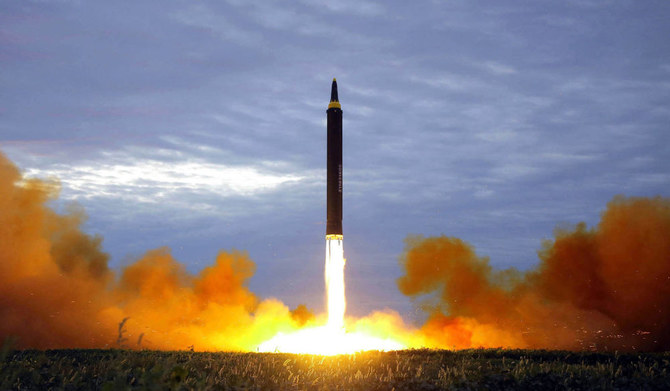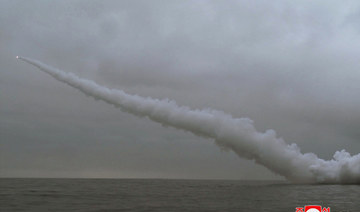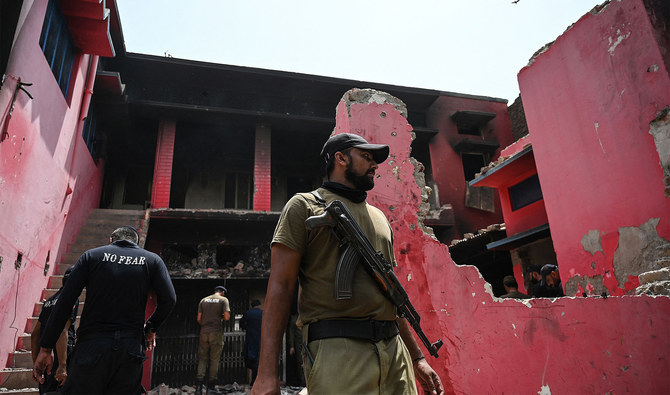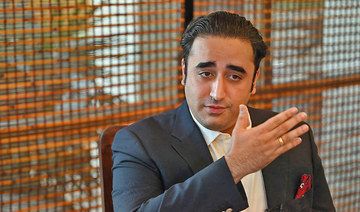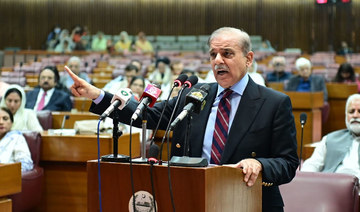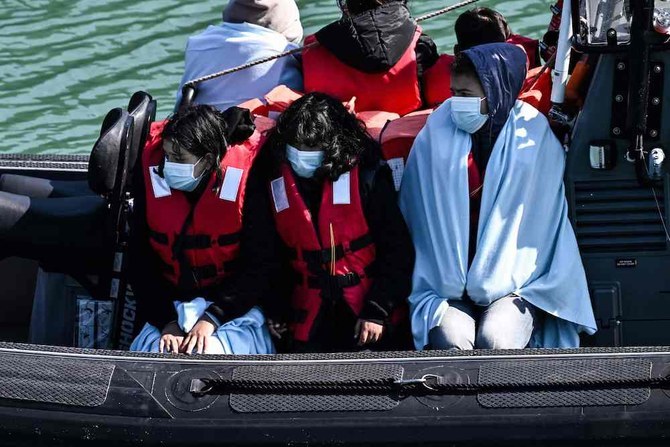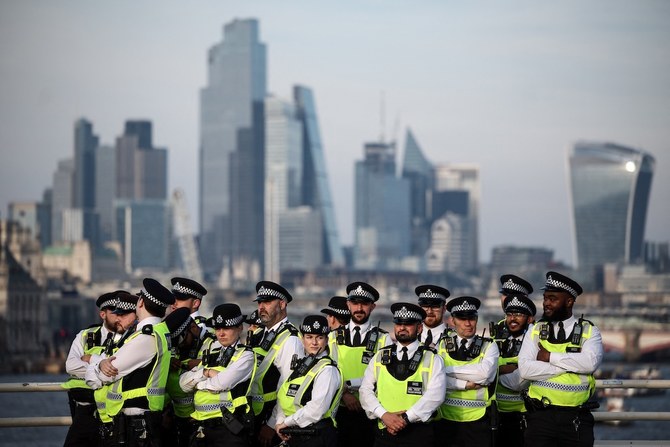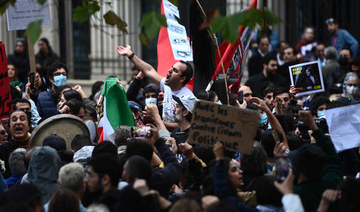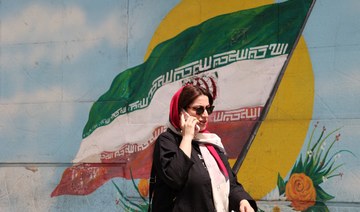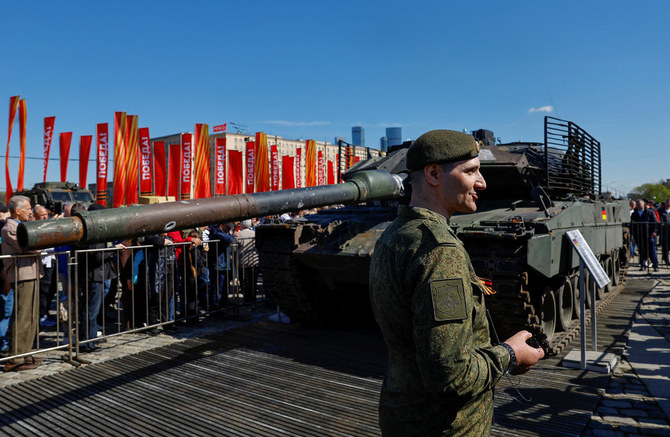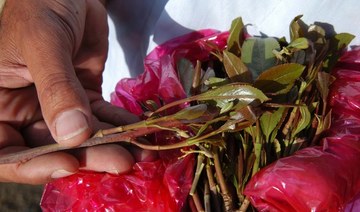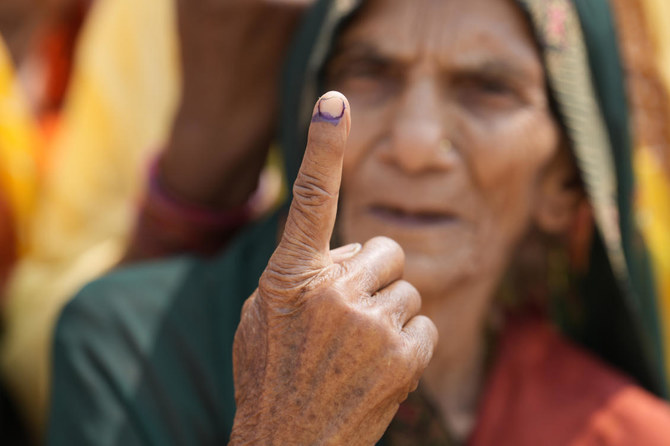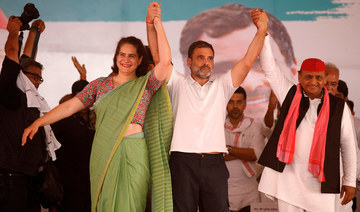SEOUL, South Korea: North Korea test-fired two short-range ballistic missiles Tuesday in another show of force after the US and South Korea began military drills that Pyongyang views as an invasion rehearsal, its neighbors said.
The missiles were launched from the southwestern coastal town of Jangyon and flew across North Korea before landing in the sea off that country’s east coast, South Korea’s Joint Chiefs of Staff said in a statement. It also said the South Korean military had boosted its surveillance posture and maintained readiness in close coordination with the United States.
Japanese Prime Minister Fumio Kishida told reporters that officials were still gathering details of the North Korean launches and there has been no immediate reports of damage in Japanese waters.
Pyongyang could further escalate its weapons tests over the coming days in a tit-for-tat response to the allies’ military drills, which are planned to run until March 23. Last week North Korean leader Kim Jong Un ordered his troops to be ready to repel what he called the “frantic war preparations moves” by his country’s rivals.
Worries about North Korea’s nuclear program have grown sharply after the North last year tested a barrage of missiles, many of them nuclear-capable missiles, and openly threatened to use them in potential conflicts with the United States and South Korea.
North Korea appears to be using long-stalled talks with the United States and the expanding US-South Korean drills as a chance to enlarge its weapons arsenals to increase its leverage in future dealings with the United States.
The North Korean threats, along with China’s increasing assertiveness, have pushed the United States to seek to reinforce its alliances with South Korea and Japan. But some experts say a solidified Washington-Seoul-Tokyo cooperation could prompt Pyongyang, Beijing and Moscow to strengthen their own trilateral ties. China and Russia, embroiled in separate confrontations with the US, have repeatedly blocked US and its allies’ bids to toughen UN sanctions on North Korea.
On Monday, North Korea said it had test-fired two cruise missiles from a submarine. It implied the cruise missiles were being developed to carry nuclear warheads and claimed that the latest test verified the posture of the country’s “nuclear war deterrence.”
North Korea acquiring submarine-launched missile systems would be an alarming development because launches would be harder to detect and would provide the North retaliatory second attack capability. However, experts say it would take years, extensive resources and major technological improvements for the heavily sanctioned nation to build a fleet of submarines that could travel quietly and reliably execute strikes.
US national security adviser Jake Sullivan said Monday that North Korea has been refining its submarine-launch capabilities since its first test in 2016 and that the United States were studying Sunday’s launches to assess what they mean in terms of the North’s capabilities.
“But of course, we’re not going to let any steps North Korea takes deter us or constrain us from the actions that we feel are necessary to safeguard stability on the Korean Peninsula,” Sullivan said.
The US-South Korean joint exercises that started Monday include computer simulations involving North Korean aggression and other security scenarios and field exercises. The field exercises would return to the scale of the allies’ biggest springtime exercises that were last held in 2018, according to South Korean defense officials.
The two countries have been expanding their drills since last year as North Korea test-fired more than 70 missiles in 2022. Those included intercontinental ballistic missiles with the potential range to reach the US mainland and short-range, nuclear-capable missiles that could target South Korea.
In their telephone talks Monday, the chief South Korean and US nuclear envoys stressed that North Korea would face unspecified consequences for its provocations. They also urged North Korea to give up its nuclear program and instead care for its people’s livelihoods, saying its decades-long preoccupation with nuclear weapons has invited its current economic hardships and food shortage, according to Seoul’s Foreign Ministry.
Later this week, South Korean President Yoon Suk Yeol is to visit Tokyo for a summit with Kishida where the North Korean threat is expected to be a major topic. Their planned summit underscores how a shared urgency over security is pushing Seoul and Tokyo closer together following years of disputes stemming from Japan’s colonial rule of the Korean Peninsula before the end of World War II.



